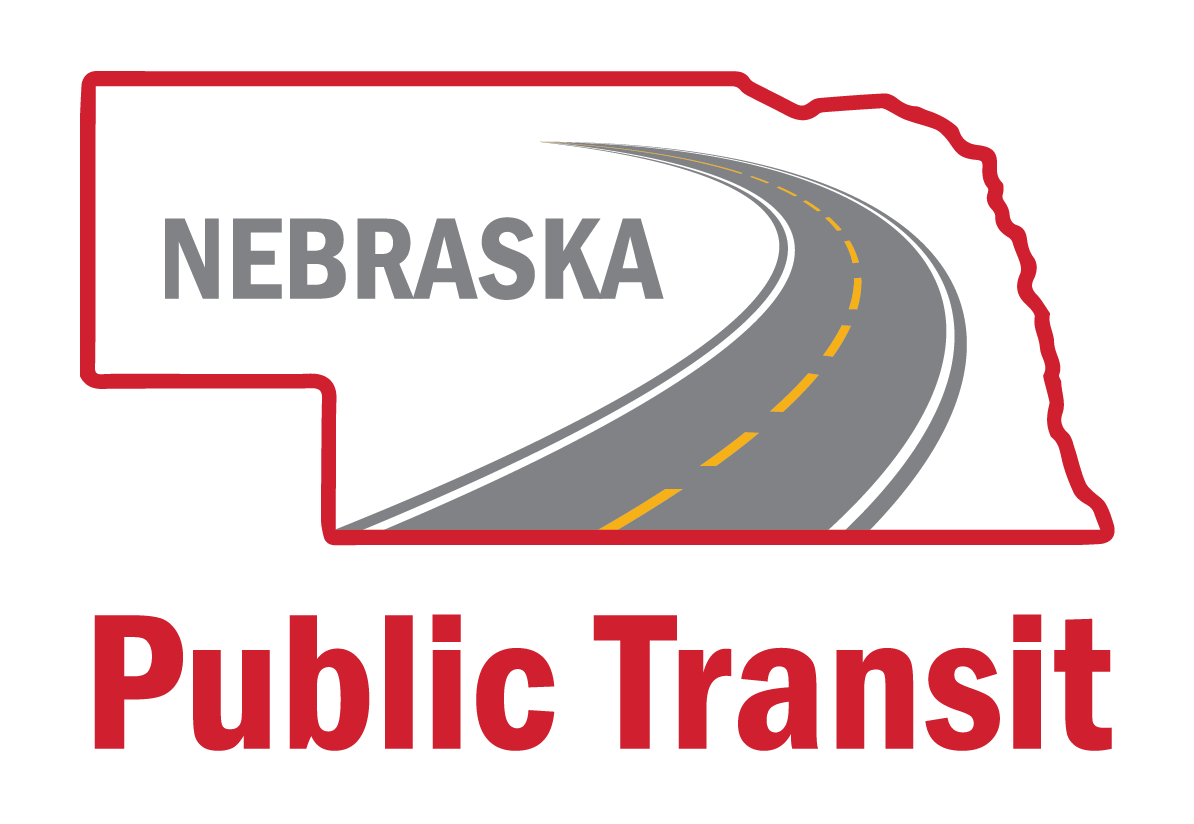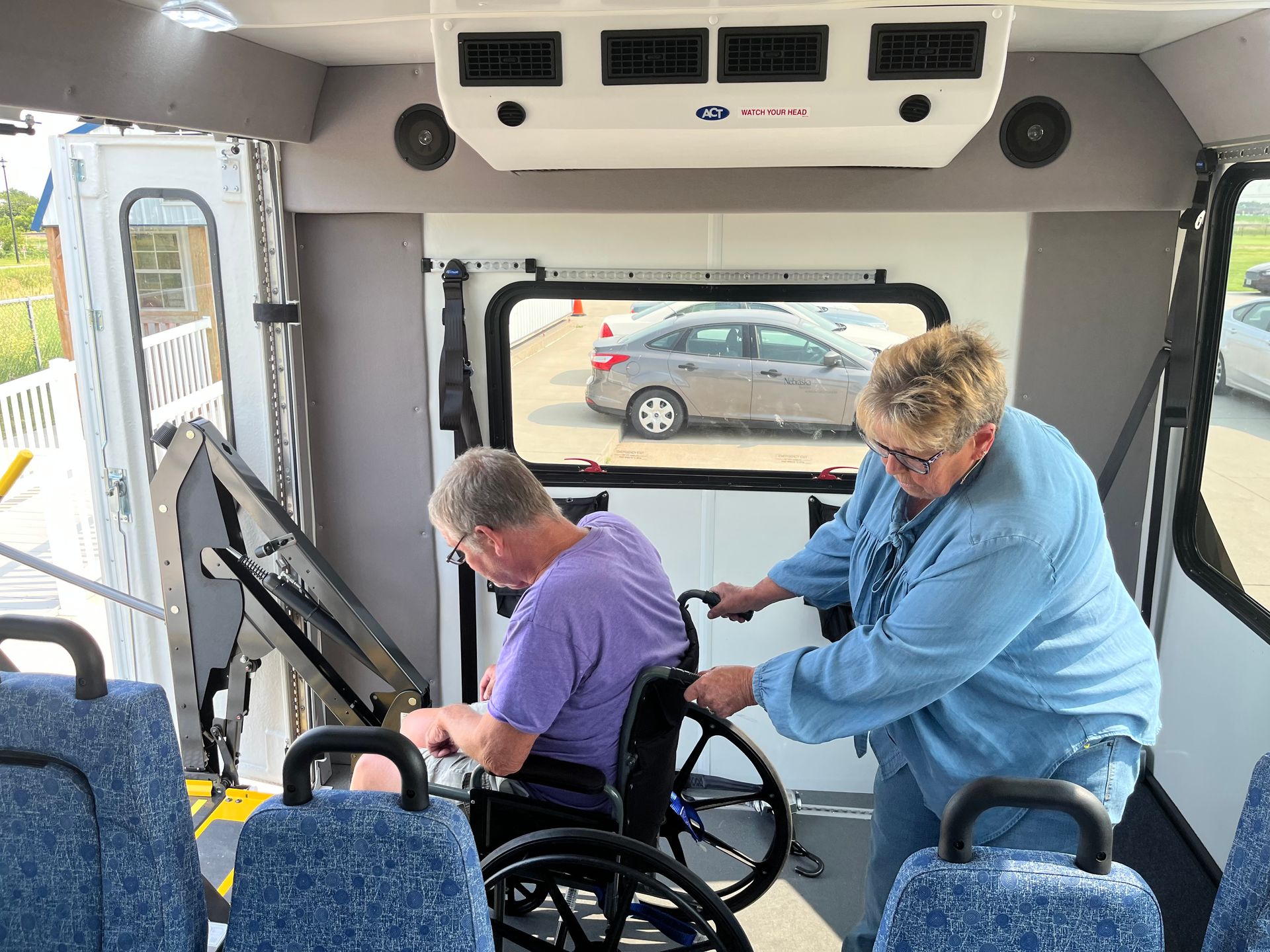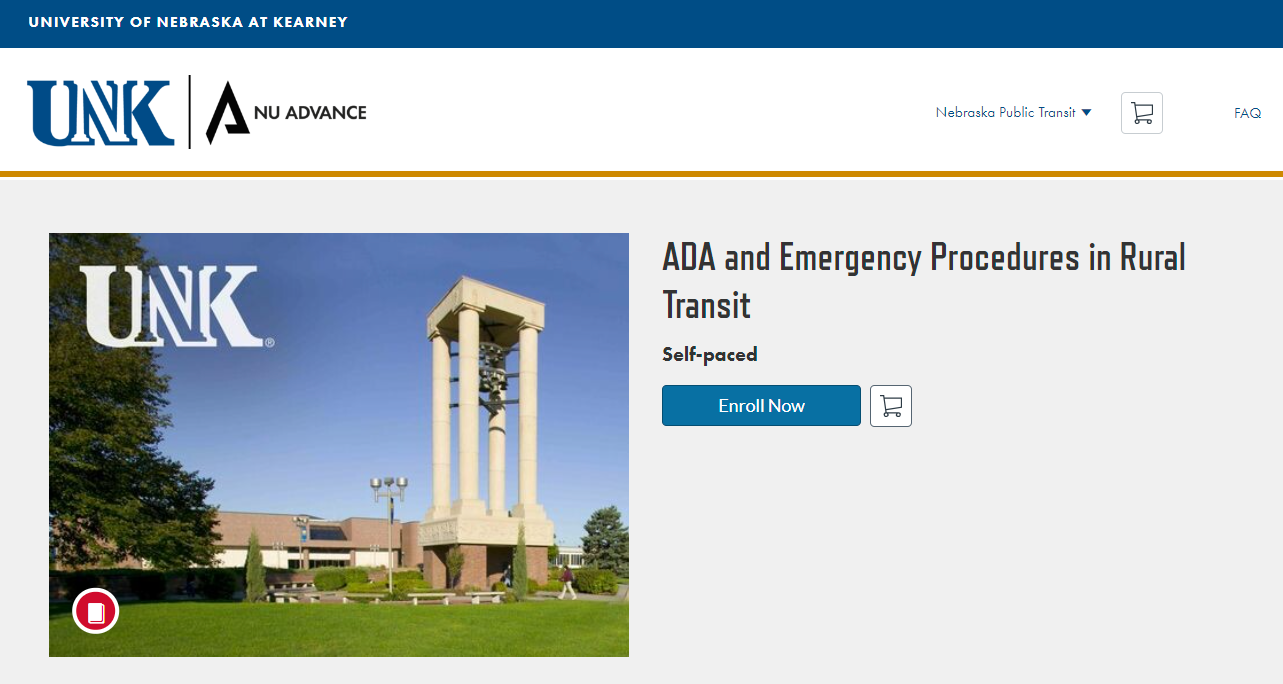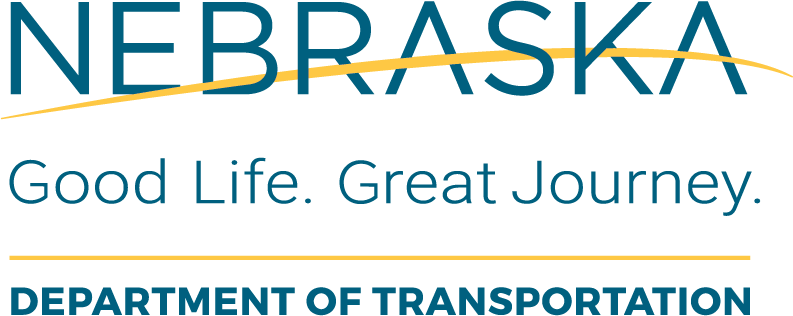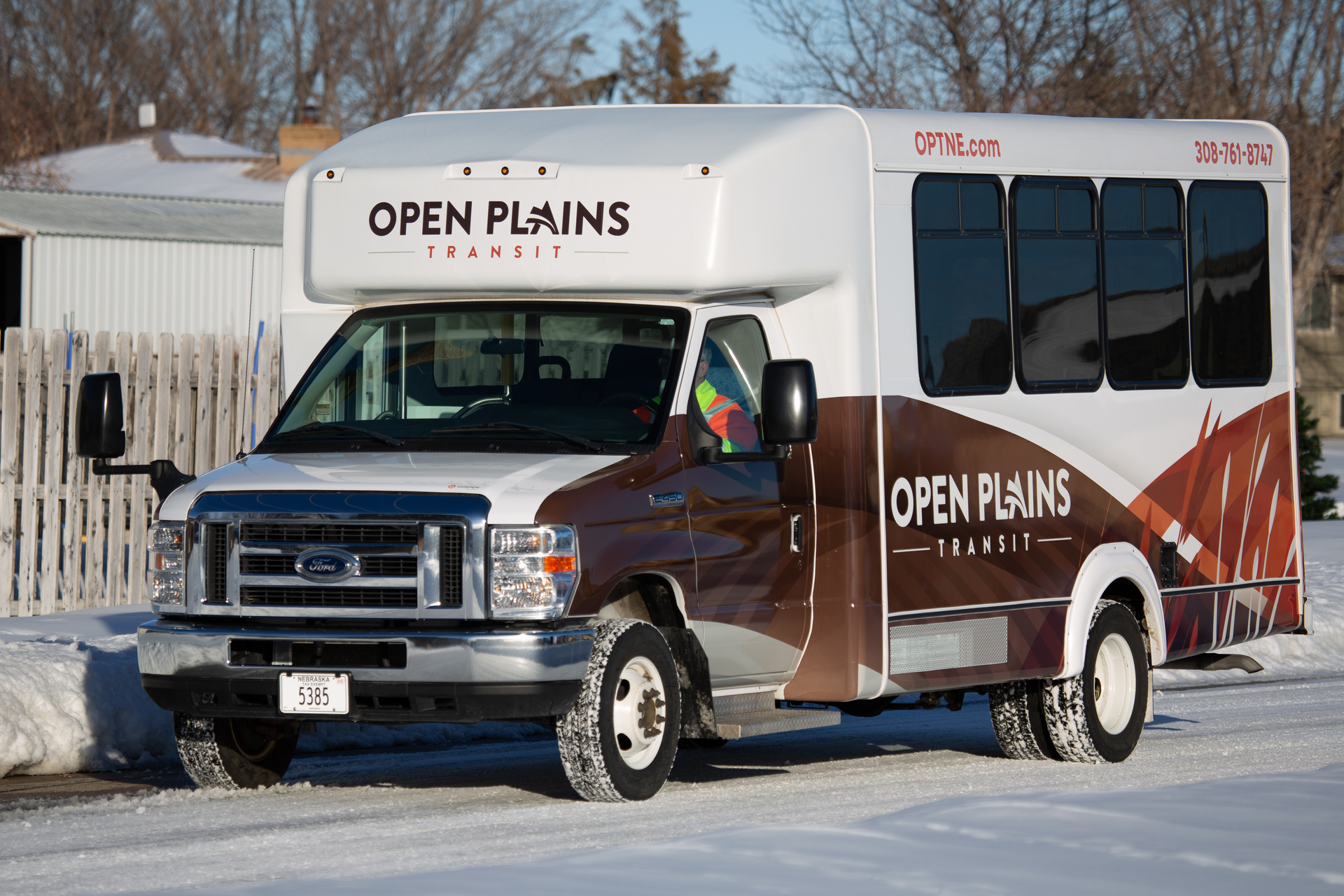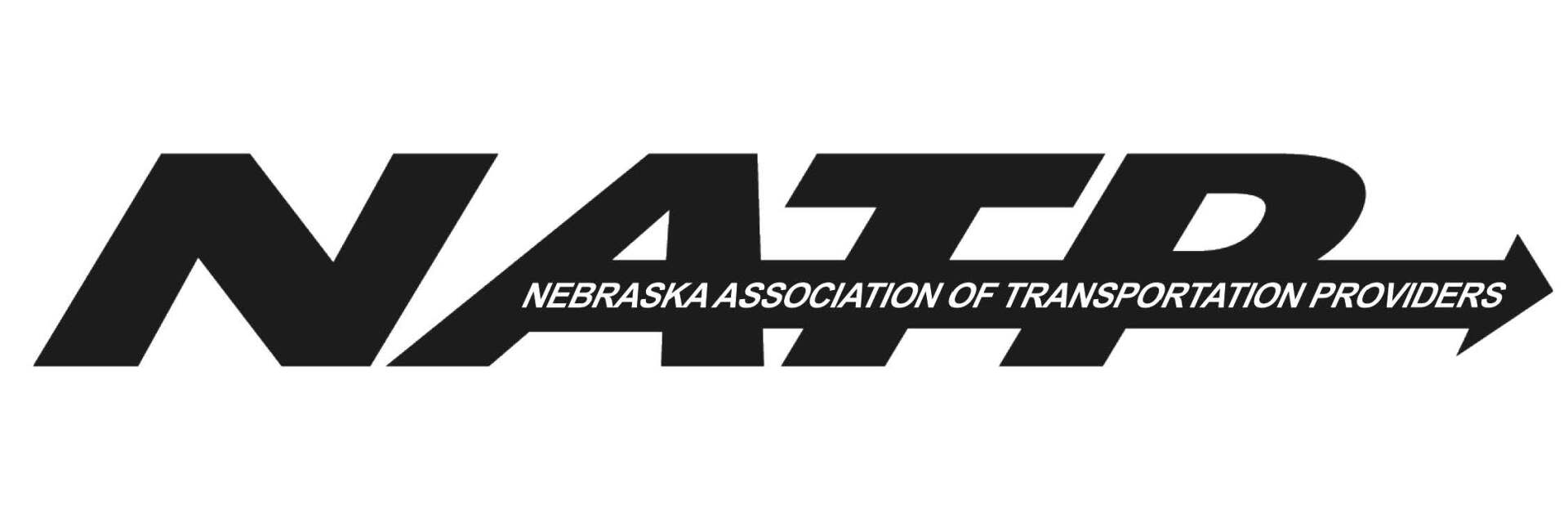January 5, 2024
As transit professionals, we all must present our talking points in some form or another to various groups of people. You probably know them by heart and may never have even written them down. Sometimes they are as simple as introductions at meetings. Other times, they are formal presentations or chance encounters with riders or influential people. Because you want to be prepared for any situation, you need to always have your talking points ready. Here’s a short list of things to keep in mind.

Who are you and what do you do?

What is your service area or region?

How can you help?

Invite them to your facility, your next event, meeting, or to use your service.

How to contact you.
These are mostly self-explanatory, but the “How can you help?” piece needs to be massaged a bit depending upon your audience.
- Individuals and community members may be more interested in hours of operation and places where they can go or how to help a loved one use your service.
- Human service agencies and nonprofits may want to know how your agency can help them to better serve their clients.
- Government workers and elected officials may want to know about your demographics and the populations you serve, as well as the challenges you face.
- Fellow transportation providers may want to know about opportunities to coordinate specific trips that you are both making to the same places or how you are addressing certain challenges in your service area.
- Some people may want to know more about any unmet needs in your community, the projects you are working on, and important deadlines or upcoming events.
Knowing your audience and adjusting your talking points accordingly allows you to convey your message quickly and succinctly and leads to longer and more meaningful conversations with people in the future.
Bill Bivin
Statewide Mobility Manager
402-570-0491

